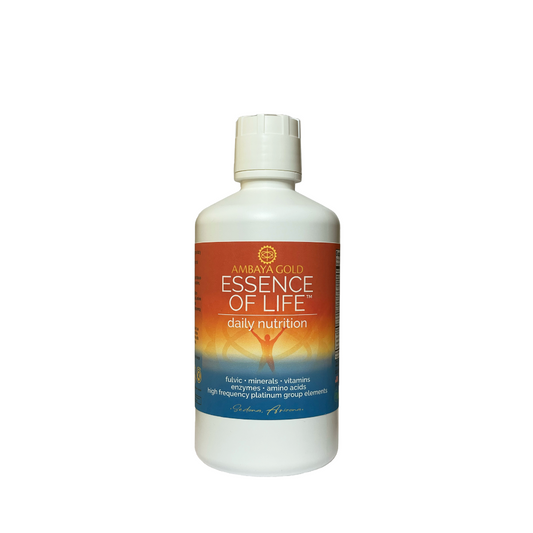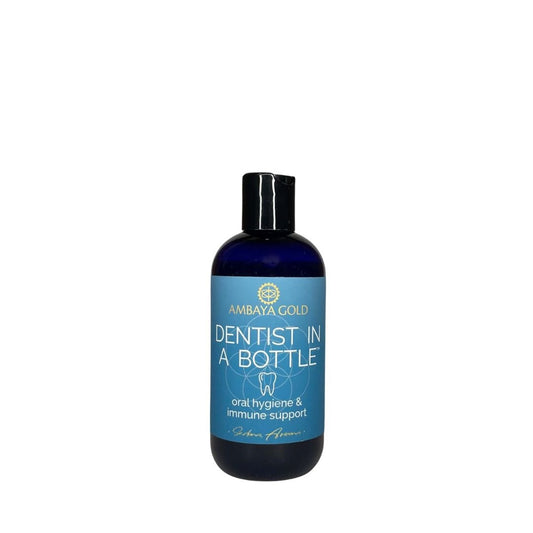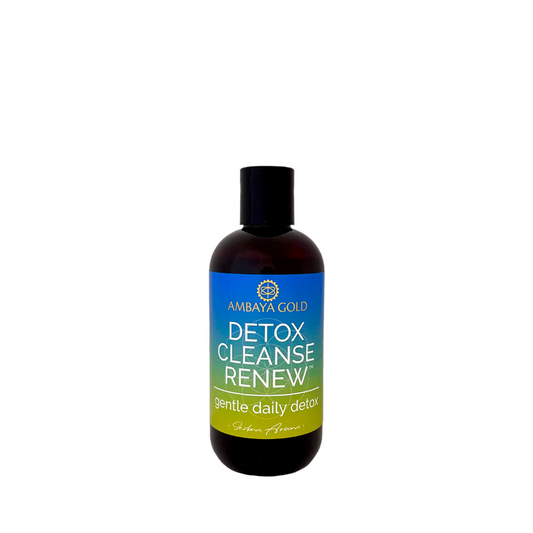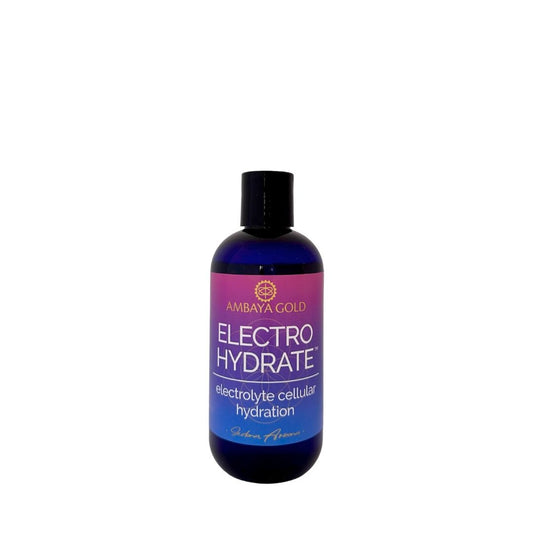“All disease begins in the gut.”
— Hippocrates
Bloating, gas, fatigue, and skin issues—decode the body’s signals that your gut may be struggling.
When it comes to overall health, your digestive system is often the root of the issue—or the solution. It’s not just about what you eat, but how well your body can break down, absorb, and eliminate. If digestion is off, your body will find subtle (and not-so-subtle) ways to let you know. The good news? These signs are your body’s intelligent way of asking for support.
Let’s decode some of the most common symptoms that may point to digestive imbalance—and what you can do to feel better.
1. Bloating & Gas
Occasional bloating happens, but if it’s a regular part of your day—especially after meals—it may signal poor enzyme activity, food sensitivities, or an overgrowth of harmful gut bacteria. Excess gas and distention are signs your digestive system isn’t breaking down food efficiently or harmoniously.
Try this: Incorporate digestive enzymes or sip warm ginger tea after meals. Avoid cold drinks, which can slow digestive fire.
2. Fatigue After Eating
Do you feel heavy or sluggish after meals, like your energy just crashes? This is often due to your body working overtime to break down food without the proper enzyme or mineral support. It can also mean you're not absorbing nutrients effectively.
Try this: Eat simpler meals with fewer ingredients, chew thoroughly, and support digestion with fulvic minerals or a gentle enzyme blend to encourage better absorption.

3. Irregular Bowel Movements
Whether it’s constipation, diarrhea, or alternating between the two, irregular elimination is a classic sign that your digestive system needs balance. Healthy digestion means going at least once a day, with ease and comfort.
Try this: Hydrate with structured mineral-rich water, add more fiber-rich foods, and consider herbs like triphala to support regularity naturally.
4. Skin Issues
Acne, eczema, rashes, or dull skin can all trace back to what’s happening in the gut. Your skin is a reflection of your internal terrain, and if your digestive system can’t eliminate toxins efficiently, your skin may step in to help.
Try this: Focus on liver and lymph support with herbs like burdock, and ensure you’re having healthy daily bowel movements. Topical treatments help, but deep skin healing starts in the gut.

5. Brain Fog & Mood Swings
The gut-brain connection is real. An imbalanced microbiome or sluggish digestion can lead to cloudy thinking, irritability, or even anxiety. A large portion of your serotonin is made in the gut, so digestive health truly influences how you feel emotionally.
Try this: Fermented foods, adaptogens, and probiotics (from food or supplements) can support gut-brain harmony. Also eat mindfully—your nervous system digests better when you’re calm.
6. Cravings, Especially for Sugar or Carbs
If you're constantly craving sweets or refined carbs, it may be your gut flora speaking. An imbalance in gut bacteria—especially an overgrowth of yeast or “bad” bacteria—can increase these cravings.
Try this: Crowd out cravings with mineral-rich greens, bitter herbs, and high-quality fats. Consider a gentle cleanse to help reset the system.

A Gentle Path Back to Balance
If you're experiencing one or more of these signs, don’t panic—it’s your body’s way of inviting you back into balance. Supporting digestion doesn’t have to be complicated. Start simple: slow down, nourish your gut lining, incorporate enzyme and mineral support, and hydrate deeply.
At Ambaya Gold, we believe the foundation of vibrant health begins with clean, efficient digestion. Our Digestive Enzyme formula, infused with fulvic minerals and a full-spectrum blend of enzymes, is designed to gently support your body’s natural digestive intelligence—so you can absorb more, eliminate better, and feel your best.










